
Avatr, an electric vehicle marque backed by Changan, Huawei and CATL, showcases one of its models at the 2023 Shanghai auto show in April. (CAO YINGYING/CHINA DAILY)
Sept good month for foreign, domestic carmakers; trade body flays EU probe
Exports of new energy vehicles, or NEVs, in September soared nearly 93 percent year-on-year, helping consolidate China's position as the world's No 1 vehicle exporter, said the country's leading trade association on Wednesday.
Over 96,000 electric vehicles and plug-in hybrids from both international carmakers like Tesla and local marques such as SAIC were shipped overseas last month, according to the China Association of Automobile Manufacturers.
The growing popularity of Chinese-made NEVs helped drive the country's total vehicle exports in the month to 444,000 units, up nearly 48 percent year-on-year.
The CAAM said September was the second month in a row that saw China's outbound vehicle shipments exceed 400,000 units. China's NEV exports from January to September reached 825,000 units, up 110 percent year-on-year. They brought the country's total vehicle exports to 3.39 million units in the same period, up 60 percent year-on-year.
The top three destinations for Chinese-made NEVs are Belgium, Thailand and the United Kingdom, said the CAAM.
Some 95 percent, or 91,000 units, of the NEV exports in September were passenger vehicles, a sign of their growing reception among overseas private car buyers, said the China Passenger Car Association.
Cui Dongshu, secretary-general of the CPCA, said the association opposes the European Union's decision last week to start anti-subsidy probe into Chinese-made electric vehicles.
The probe followed European Commission President Ursula von der Leyen's address in September in which she claimed global markets are being "flooded" with cheaper Chinese electric cars.
Cui said the rise of China's NEV sector is not because of government subsidies but a result of the country's industrial chain that has gained an edge through open competition.
The EU probe is a disguised effort to curb or impede the development of China's NEV-related technologies and violates the World Trade Organization's rule of fairness, said Cui.
He said the EU should see China's NEV development in a fair and objective way instead of using trade tools unilaterally to blunt its growth in Europe.
BMW's Chief Financial Officer Walter Mertl said he did not endorse the EU's move, saying the investigation and possible punitive tariffs could "do more harm than good".
The carmaker exports its EV iX3 from its plant in Northeast China's Liaoning province and has plans to export its electric MINI vehicles as well from around 2024.
Volkswagen has plans to export NEVs made at its plant in East China's Anhui province to Europe.
Besides NEV exports, what also surged in September were vehicle production and sales within China, said the CAAM.
In all, 2.85 million vehicles rolled off the country's assembly lines last month, up 6.6 percent year-on-year. Some 2.41 million units were sold to Chinese consumers, up 4.5 percent year-on-year.
Chen Shihua, deputy secretary-general of the CAAM, said the performance in the third quarter was better than expected, thanks to a slew of consumption-stimulating policies as well as carmakers' recent launches of new models.
He said sales momentum is building up and will continue into the fourth quarter. The CAAM estimated in September that vehicle sales in the country this year will see a 3 percent rise or more over 2022.








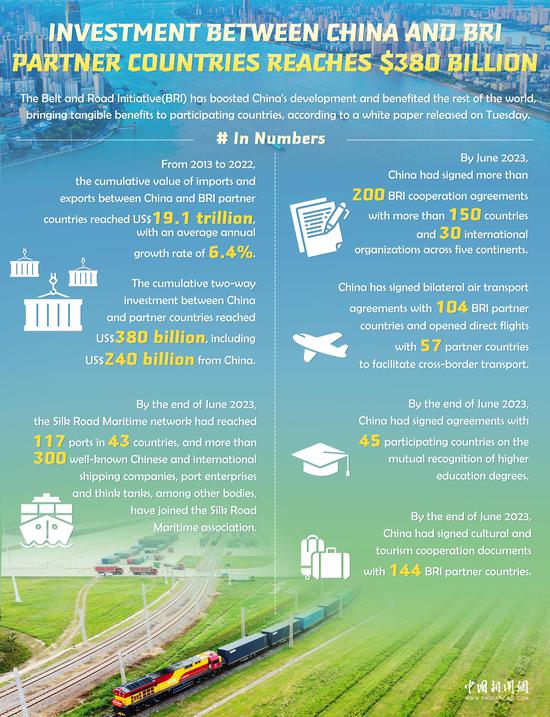
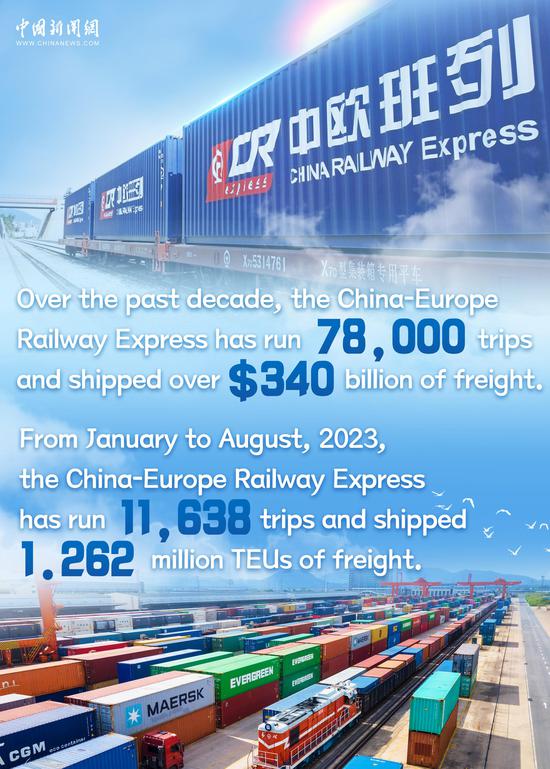
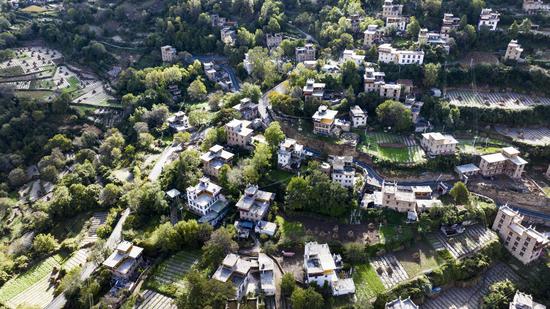

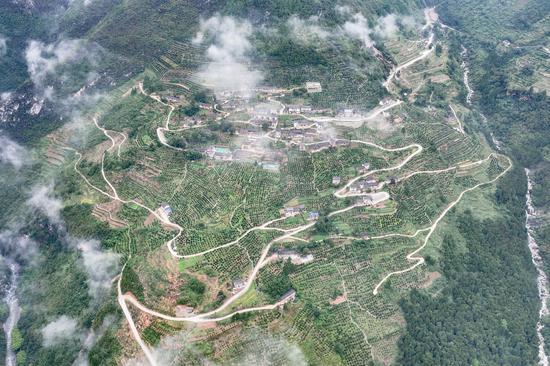
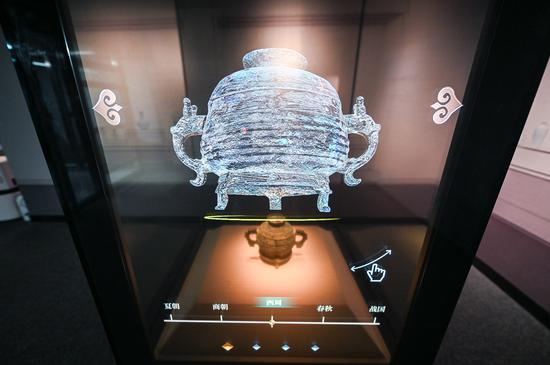


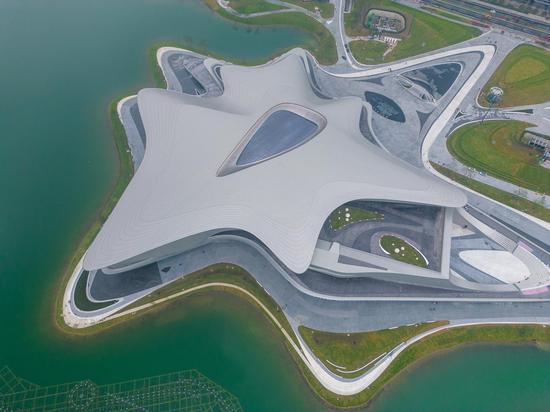

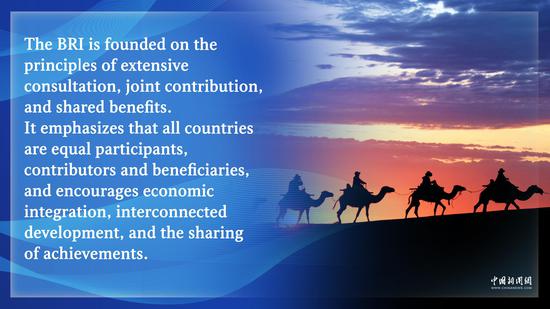


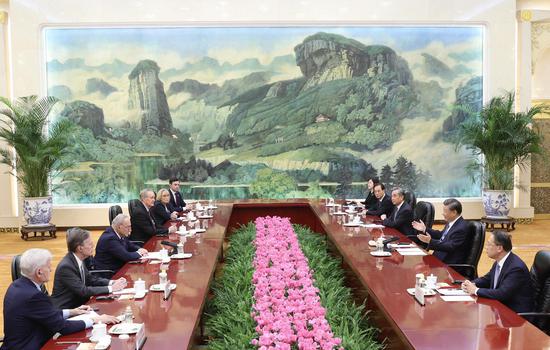
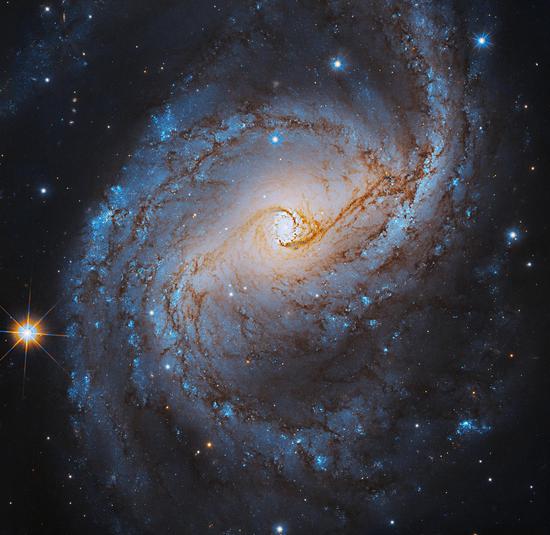
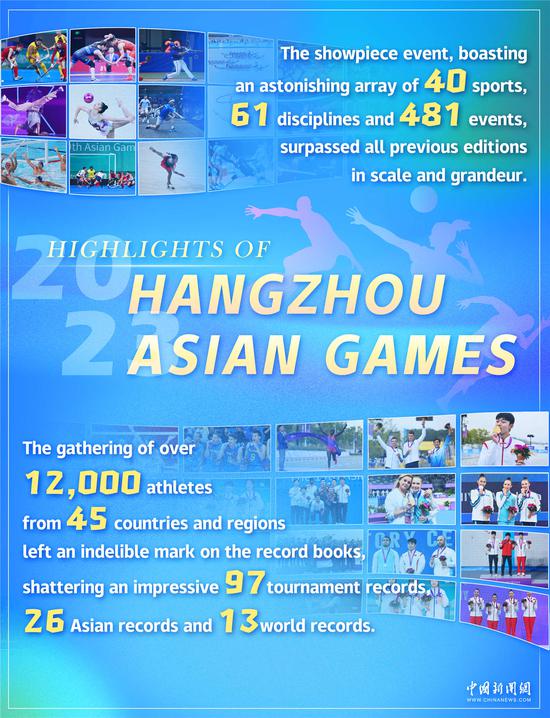
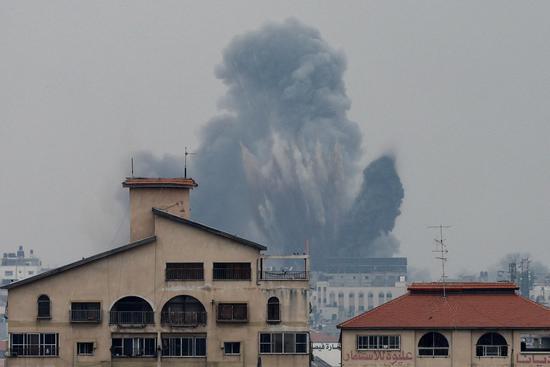


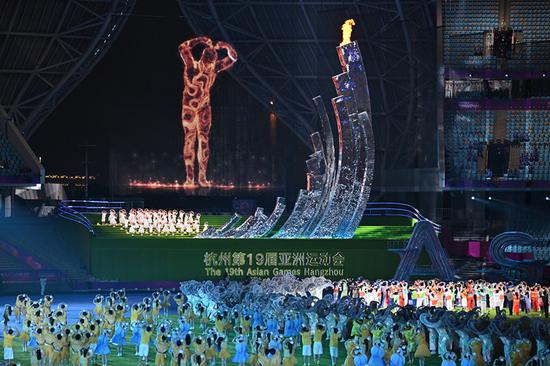
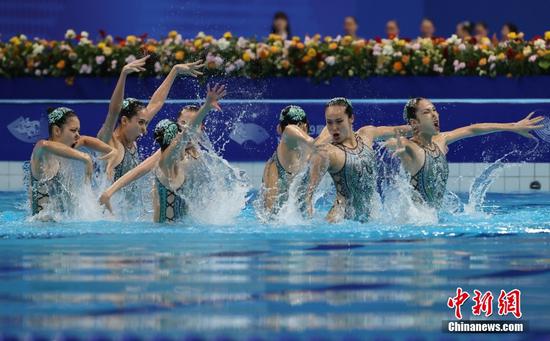

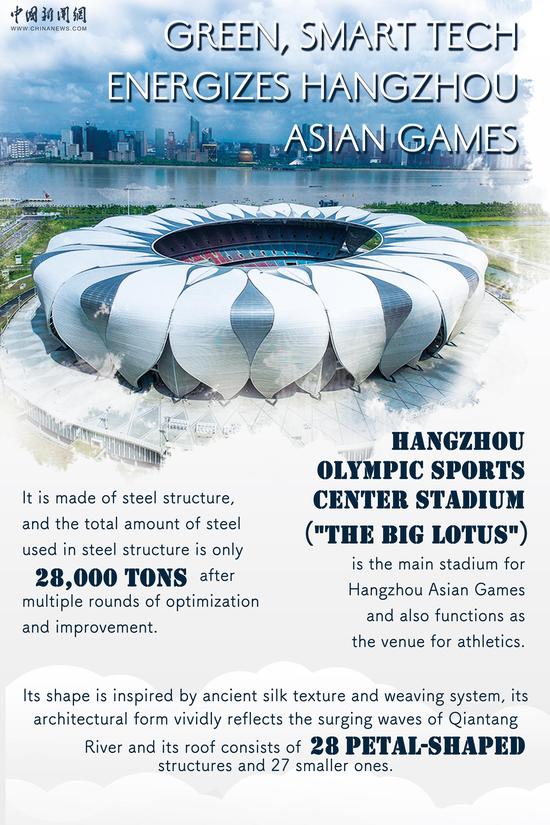
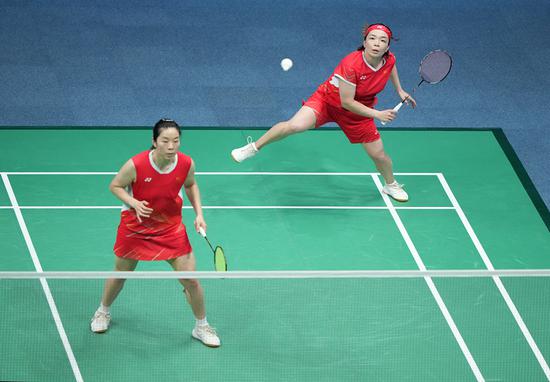
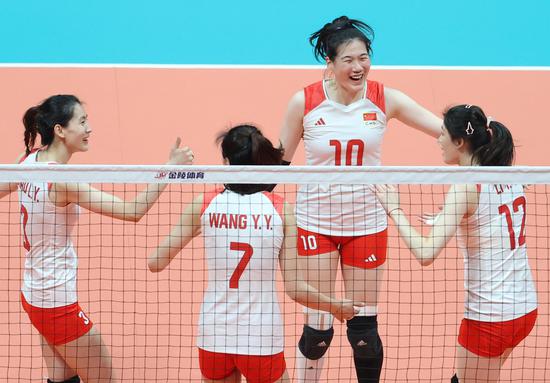

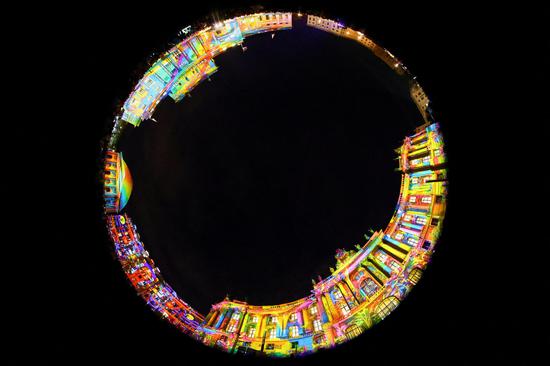
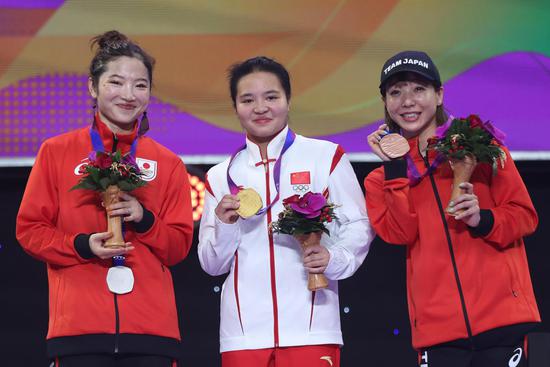
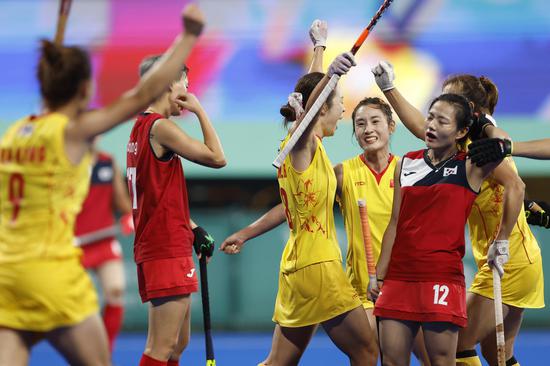
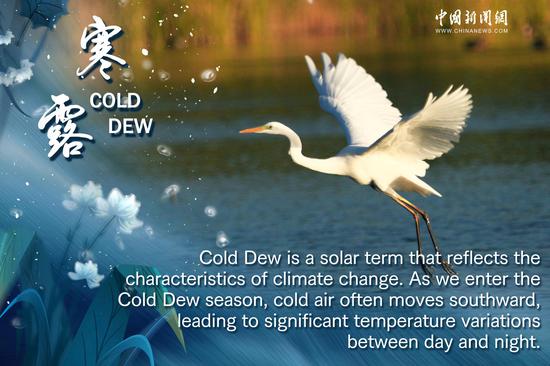



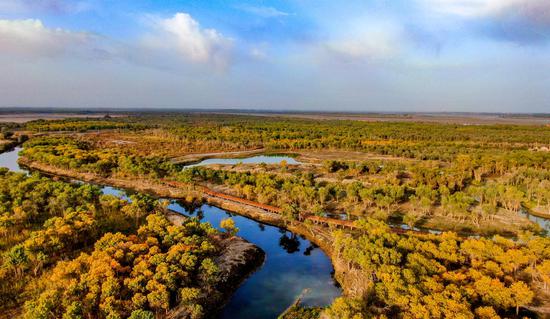








 京公网安备 11010202009201号
京公网安备 11010202009201号